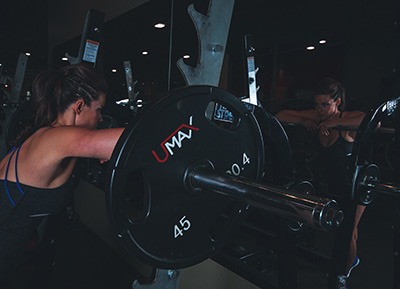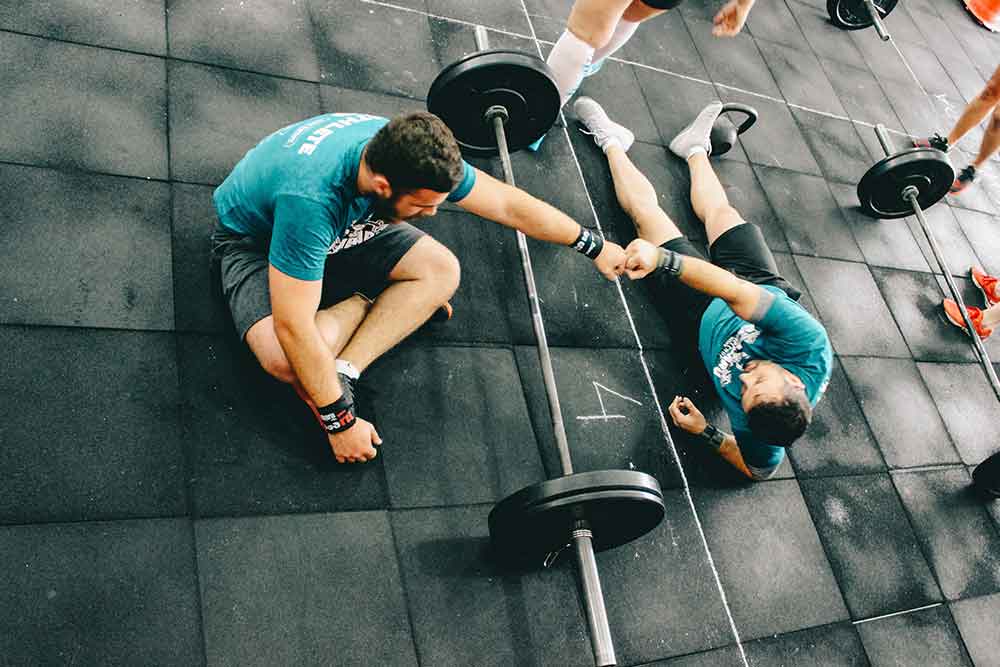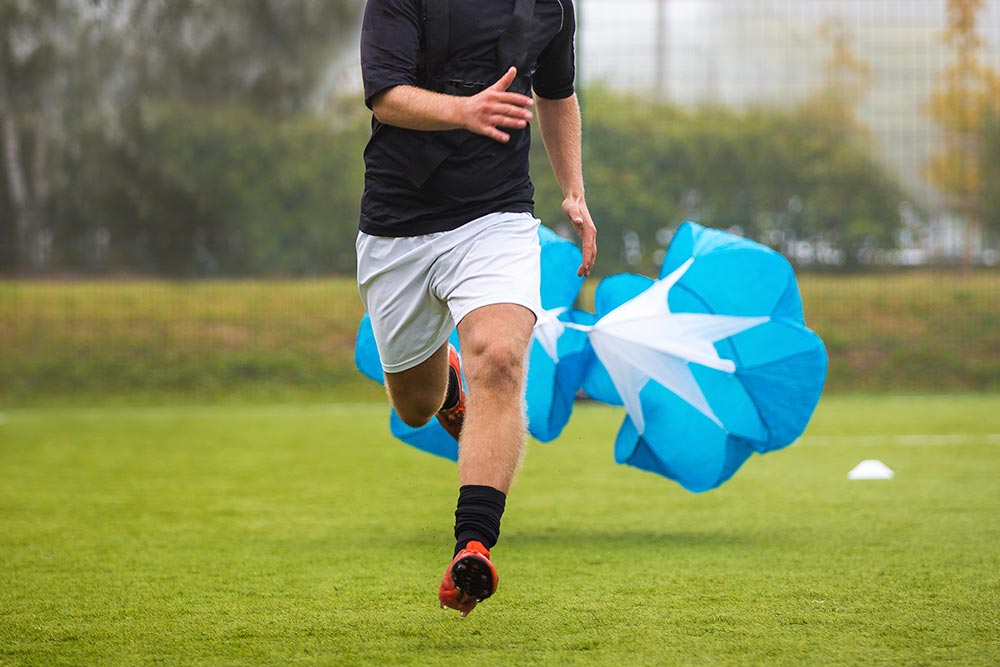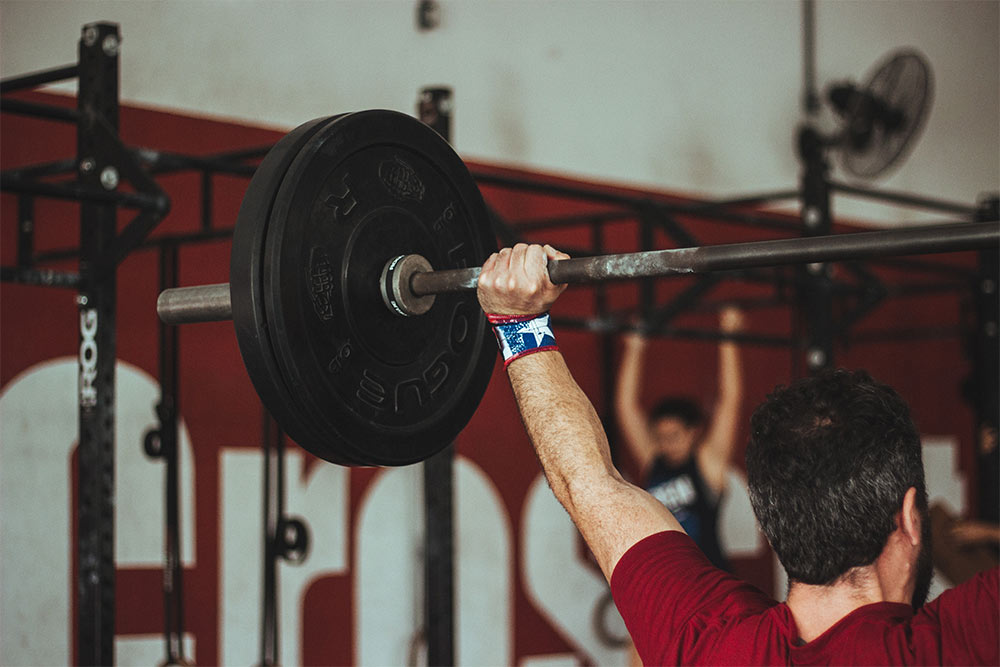Does Protein Impact Trained Athletes Differently?

Evan Stevens
Previously at Forever Fit Science we looked at how science changes and why we often need to re-evaluate our previously held beliefs and knowledge base. Timing, once thought to be integral to muscle protein synthesis (MPS) and needing to be taken within the 3 hour post exercise window, is now almost irrelevant as the post exercise “anabolic” window extends for up to 24 hours (or even longer). The quality of protein has come into question too; whey was once held as the greatest of the proteins, but so long as leucine is co-ingested, either casein or soy will work just as well. Taking your protein as part of a post-workout sugary drink was thought to provide added benefits because of the insulin response increasing MPS has now been proven not to be true. In this article we look at how protein supplementation changes (or doesn’t change) with training variables and our individual training status.
Looking for an organic and natural protein powder? ForeverFitScience recommends Orgain Organic Plant Based Protein Powder.
Related Article: The Ever Changing Science of Protein
Individual “Training” Status
Does protein affect us to the same degree if we are a trained individual? Our training “age” (how long we have been training for – the more trained we are, the “older” our training age is) may have important implications on our ability to improve our muscle mass. Trained individuals have increased muscle protein synthesis (MPS) rates and attenuated muscle protein breakdown (MPB) resulting in less total muscle turnover compared to untrained individuals. However, it appears that the rate remains unchanged between trained and untrained muscles.
Studies done where participants only trained one leg over an 8 week protocol showed that overall MPS was actually slowed in the trained leg but total myofibril protein synthesis remained the same (the increase in “strength”). This indicates that training status does not increase the degree of MPS but rather extends the duration, allowing for greater receptivity to supplementation. This puts emphasis on the time post-exercise and its importance in trained individuals versus untrained individuals; trained individuals need to be aware of their receptivity to MPS post exercise to maximize strength and hypertrophy (which relates back to the timing of ingestion and extending the protein sensitivity past 24hours). What this means is that gains are made not immediately post exercise in trained individuals and that to maximize MPS, athletes should be aiming to continually take in protein within that 24 hour “anabolic window” to get stronger. So does this mean that trained individuals need more protein than untrained individuals? Maybe.
 Need a break from the hustle and bustle of your busy life? Meditation helps relax your mind and keeps your stress levels in check. We recommend utilizing the Muse Headband, which is a great meditation aid that helps guide you to a calm mind.
Need a break from the hustle and bustle of your busy life? Meditation helps relax your mind and keeps your stress levels in check. We recommend utilizing the Muse Headband, which is a great meditation aid that helps guide you to a calm mind.
There is data available to suggest that athletes who partake in heavy bouts of intense exercise may benefit from addition protein to support immune function or those partaking in weight-based competitions (lifting, wrestling, combat sports, etc.) may benefit from the extra dietary intake, but little evidence exists to suggest that trained athletes inherently need more than untrained individuals. Indeed, it would seem that going above 20-25g or 0.25g/kg in a single post-exercise dose does not provide additional benefits in trained versus untrained individuals. While there may be added benefits to athletes consuming more than the daily recommended intake, longitudinal studies are yet to be done and the studies we do have do not offer any significant insight to support this idea.
Whey protein is a great source of protein. Check out Optimum Nutrition Gold Standard 100% Whey Protein Powder.
Related Article: Which Type of Protein Provides the Best Workout Recovery?
Training Variables
 Resistance training is different than endurance training and both are slightly different from all the other training methodologies between (HIIT, sprint, anaerobic, sustained high intensity). Resistance training increases muscle protein synthesis through increased myofibrillar alterations but not through increases in mitochondrial content. Indeed, differences in skeletomuscular remodeling seem to be tied to the exercise being performed. Even within the exercise, the minute variations which can be performed have implications on overall outcomes. If we look at resistance training there is an elevation in sarcoplasmic (the area in a muscle) MPS, mitochondrial MPS, and myofibrillar MPS when an individual trains at 2 seconds under tension compared to training at 12 seconds under tension, even when doing the exact same weight, performing the same number of reps, and taking in the same amount of protein after a training session. Same load, same repetitions, but longer times under load (dropping the weight slower) lead to significant, longer-term (in excess of 24 hours) protein sensitivity and MPS activity.
Resistance training is different than endurance training and both are slightly different from all the other training methodologies between (HIIT, sprint, anaerobic, sustained high intensity). Resistance training increases muscle protein synthesis through increased myofibrillar alterations but not through increases in mitochondrial content. Indeed, differences in skeletomuscular remodeling seem to be tied to the exercise being performed. Even within the exercise, the minute variations which can be performed have implications on overall outcomes. If we look at resistance training there is an elevation in sarcoplasmic (the area in a muscle) MPS, mitochondrial MPS, and myofibrillar MPS when an individual trains at 2 seconds under tension compared to training at 12 seconds under tension, even when doing the exact same weight, performing the same number of reps, and taking in the same amount of protein after a training session. Same load, same repetitions, but longer times under load (dropping the weight slower) lead to significant, longer-term (in excess of 24 hours) protein sensitivity and MPS activity.
 Track your fitness gains with the sleek and stylish Motiv Fitness Ring.
Track your fitness gains with the sleek and stylish Motiv Fitness Ring.
More muscle activity and more muscle fatigue increases MPS. However, how you get there is relative as well. Performing an action at 30% maximum effort until failure has no significant difference to performing the same action at 90% maximum effort until failure in terms of muscle protein synthesis. What’s more is that MPS remains high 24hrs post exercise if lifting at 30% maximum effort; to get to failure you perform more actions and accumulate more time under pressure. This contradicts previously held beliefs that muscle hypertrophy is done through high weight, low reps, but this new data suggests that low weight, high reps not only does that same thing, but provides long-lasting MPS benefits post exercise.
Related Article: Don’t Resist Resistance Training
Recap
- Science changes; our ideas about protein change with new and more data available (part 1).
- Timing of ingestion not as important; MPS high up to 24hrs post workout (part 1).
- Quality refers to the essential amino acid content; Soy, Casein, and Whey are all high quality (part 2).
- If leucine is supplemented there is very little difference in MPS between Soy, Casein, and Whey (part 2).
- Casein before bed keeps muscle protein balance positive during the overnight period (part 2).
- Co-ingestion of protein with sugar does not imbue any additional benefits (part 2).
- Trained individuals MPS and MPB is slower but overall protein turnover is unchanged between trained and untrained individuals (strength improves over hypertrophy in trained individuals).
- Trained athletes need to continually take in protein to see most MPS gains as they have a longer MPS anabolic window.
- More protein however does not correlate with more gains; above 25g in a single dose post exercise dose not do anything more.
- You need to work out harder to see the same gains as you become more trained.
In Forever Fit Science’s next article on protein we will look at what has come to be the most important aspect of protein supplementation – dosage. So far we’ve learned that type of protein doesn’t matter (so long as quality is high and we are getting enough leucine), that the time we intake post exercise is not as important as once thought (so long as you are smart about it), that we don’t need all that sugar with our protein, and that our training status and the type of training we do don’t appear to matter a whole lot in terms of overall intake and growth, so long as we are getting adequate amounts. All that leads us to is describing what an adequate amount is – the dose.
Related Article: Food vs Protein Supplements
(adsbygoogle = window.adsbygoogle || []).push({});
You Might Like:
How Much Protein Should You Eat?
John Barry How much protein should a person eat? What foods are high in protein? Is that to much food to eat? How can I get more into my diet without increasing my total calorie...Is There a Magic Bullet to Protein Consumption?
Evan Stevens In the last three parts we discovered that a lot of what we thought about protein supplementation isn’t quite as important as was once believed. Casein, soy, and whey are all adequate; whey...Does Protein Impact Trained Athletes Differently?
Evan Stevens Previously at Forever Fit Science we looked at how science changes and why we often need to re-evaluate our previously held beliefs and knowledge base. Timing, once thought to be integral to muscle...Which type of Protein Provides the Best Workout Recovery?
Evan Stevens In our previous article, The Ever Changing Science of Protein, discussed how science is ever changing and how new evidence or looking at entire bodies of evidence can change our perceptions of what...The Ever Changing Science of Protein
Evan Stevens You would think that by now we would have a pretty firm grasp of protein. It is one of the three main macronutrients and is essential for life as we know it. Its...Protein Intake For Masters Athletes
Moji Kaviani, Ph.D., CEP There is robust evidence supporting that master athletes (40 years and over) can benefit the same as younger individuals in response to various type of exercise. These benefits include but not limited...(adsbygoogle = window.adsbygoogle || []).push({});














